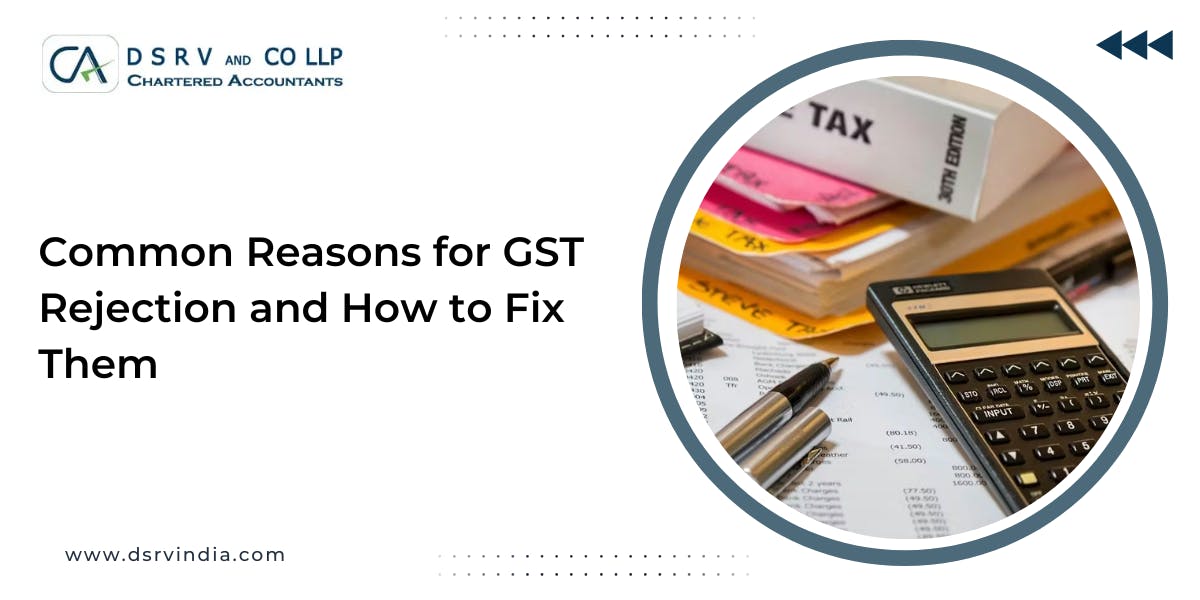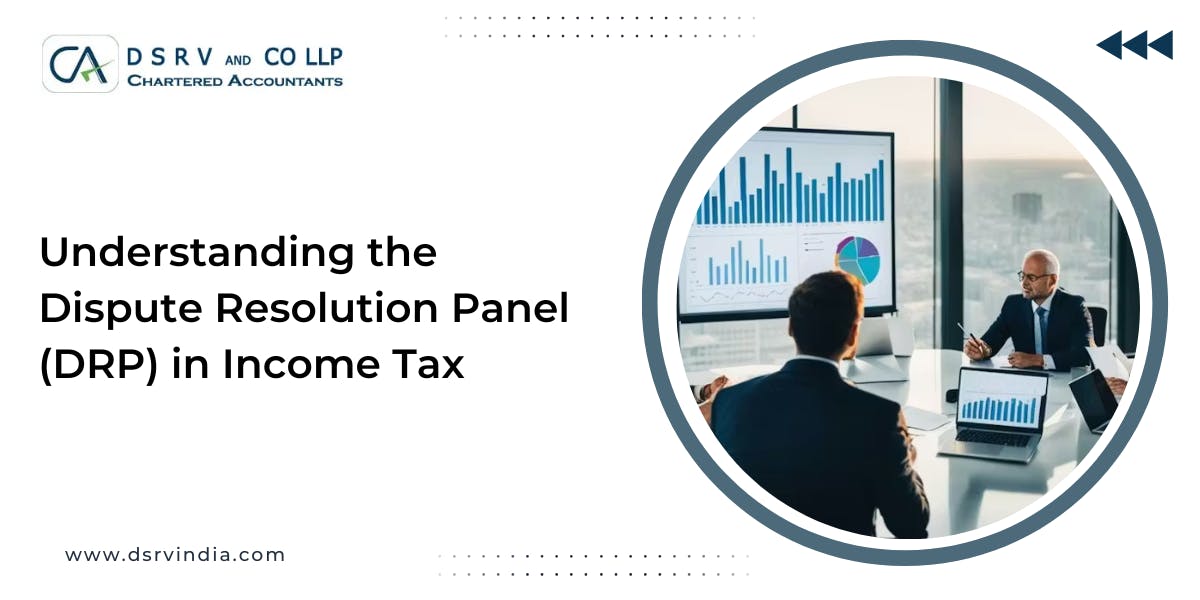As per the Income Tax Act, 1961 (“ITA”) Residential status of a taxpayer determines the incidence of income tax in India. India follows a mix of source-based and residence-based taxation. Thus, ascertainment of residential status is the first step in determining the income tax liability of any taxpayer. The provision of residence status of an Individual has been given a twist in the last two finance acts with the objective of reducing tax incentives of the NRI/PIO who have deep economic interest in India and gather meaningful information about them. We, the best Chartered Accountant Firm In India, shall try to simplify tax impact on affected individuals on account of recent amendments in residency provisions under ITA.
Section 6 of ITA deals with the provisions of the Residential statute of an Individual for tax purposes in India, here is the summary thereof:
- An Individual can be a ‘Resident’ or ‘Non-resident’. There is a special category applicable only for Individuals ‘Resident and not ordinarily Resident (RNOR)’.
- This difference is important as the scope of Income for Indian tax under all three categories is different as per Section-5 of ITA i.e.
1. Residents are taxable for their worldwide Income in India with both bilateral and unilateral benefits for double tax avoidance available in tax treaties wherever available, in the absence of a treaty under ITA unified relief is provided for.
2. Non-resident are only taxable for their Indian source income only.
3. Resident and not ordinarily Resident (RNOR) is basically at par with non-resident with one addition i.e. business Income sourced outside India if it is ‘derived from a business controlled in India or a profession set up in India’ meaning thereby RNOR has Indian history and used to come in and go out of India due to their bounding in India.
Read This: WHAT IS TAX LITIGATION IN INDIA BY DSRV INDIA: A COMPLETE GUIDE
According to Section-6(1) an individual is said to be Resident in India in Previous Year PY if he satisfy any one of the following two conditions:
- He is physically present in India for more than 181 days whether continuous or in multiple visits; OR
- He is physically present in India more than 364 days in last 4 PYs AND he is physically present in India more than 59 days in current PY.
There are 2 EXCEPTIONS to this Provision (As per Explanation 1 of S-6(1 of ITA):
- For an Indian citizens who leaves India in any PY for employment overseas or as a crew member of an Indian ship, the period of 59 days as contain in 2) above shall be read as 181 days.
- For an Indian citizen OR Person of Indian Origin (PIO) who is outside India and comes in India in a PY for a visit, the period of 59 days as contained in 2) above shall be read as 181 days if his income is Taxable in India in such PY is INR 15 lakh or less or else 119 days. (This underline amendment is effective from 1.4.2021 i.e. for AY 2021-2021)
Impact Analysis:
- Applicable to both Indian citizens and Person of Indian Origin (PIO).
- Indian citizen or PIO whose income taxable in India exceeds 15 Lakh in the PY and stays in India exceeding 119 days but less than 182 days shall be treated as RNOR as per S-6(6)(c ) of ITA.
- No impact if income Taxable in India in such PY is INR 15 lakh or less.
- In other cases, the privilege of staying up to 181 days in PY is being reduced to 119 days without a change in status as Non-resident.
- The objective is to discourage those individuals who want to continue their deep-rooted economic interest in India while staying more in India.
undefined
Recommended: HOW TO GET A COMPANY REGISTRATION NUMBER OR CIN IN INDIA?
According to Section 6(1A) w.e.f 1.4.2021: An Indian citizen not covered above in Section-6(1), shall be deemed to be Resident in India in that PY if the following conditions are satisfied:
- His income Taxable in India in such PY is INR 15 lakh or less; and
- He is not ‘liable to tax’ in any other Country or territory by the reason of his domicile or residence or any other criteria of similar nature.
S-2(29A) of ITA “liable to tax” in relation to a person and with reference to a Country; means there is an income tax liability on such person under the law of that Country for the time being in force and shall include a person who has subsequently being exempted from such liability under the law of that country.
Meaning thereby, if an Indian citizen not physically present in India even for a single day, if satisfy above conditions shall be considered as deemed Resident. But by the virtue of S-6(6)(d) of ITA he shall be ‘Not ordinarily Resident’.
Impact Analysis:
- Applicable to ONLY Indian citizen.
- This is not tax on citizen like USA or Canada.
- No impact if income Taxable in India in such PY is INR 15 lakh or less.
- No impact if such Indian citizen is a tax resident of a Country where tax on income is payable.
- No impact on the foreign source income of such Indian citizen EXCEPT such foreign source income is derived from a business controlled in or profession set up in India.
- No Impact if such Indian citizen is a tax resident of a Country with which India has DTAA.
- All privileges of lower tax on certain Indian source income like dividend etc. is done away with and business Income sourced outside India if it is ‘derived from a business controlled in India or a profession set up in India’ now may be taxable in India.
- Objective is to discourage those Indian citizen who want to continue their deep-rooted economic interest in India without paying any tax in any jurisdiction.
- There are many ways by which, the effected individuals can maintain status quo.
According to Section-6(6)(a) An Individual being Resident by virtue of S-6(1), if satisfy any one of the following conditions during any PY:
- He is Non-resident in Indian in 9 out of 10 PYs proceeding that PY; OR
- He is physically present in India 729 days or less in last 7 PYs preceding PY.
If an Individual not satisfying any conditions of S-6(1), shall be Non-Resident.
Sometimes, one thinks what will be logic of such tinkering in law which may adversely affect flow of foreign capital in India. But to meet the challenges of present millennium, intentions of the Government is very loud and clear to achieve transparency in tax laws in India without any fear.
Disclaimer: This blog is for private circulation, the views is the personal views of the author, and would not be responsible for any action taken based on this, without any consultation.
Authored By: CA Sanjay Kumar Agrawal
Email: sanjay@dsrvindia.com
M: +91 9810116321





